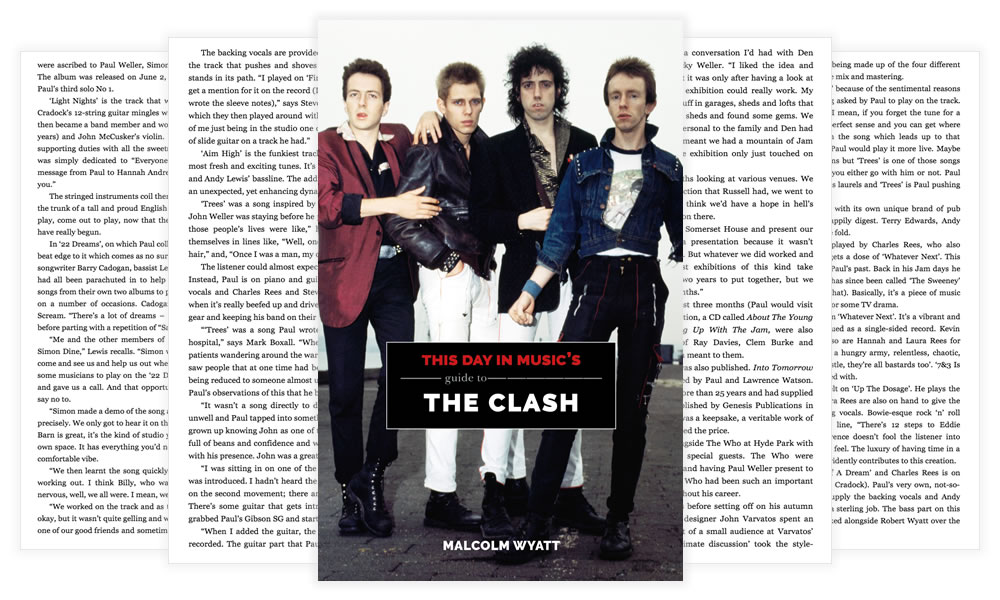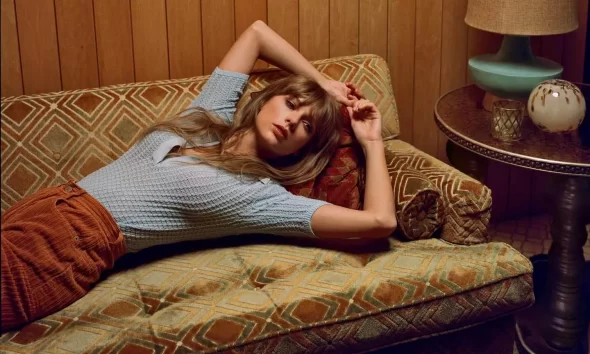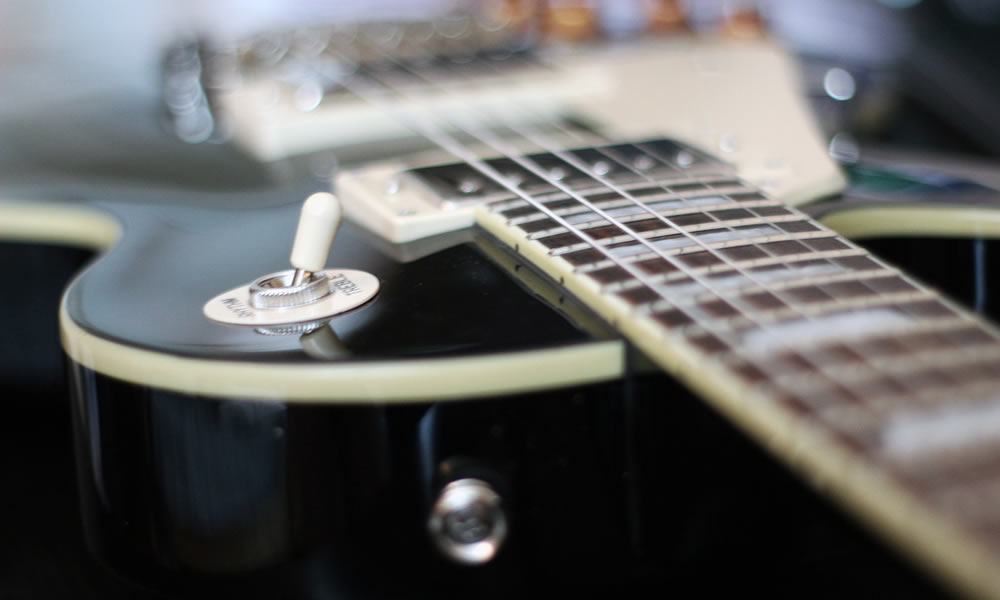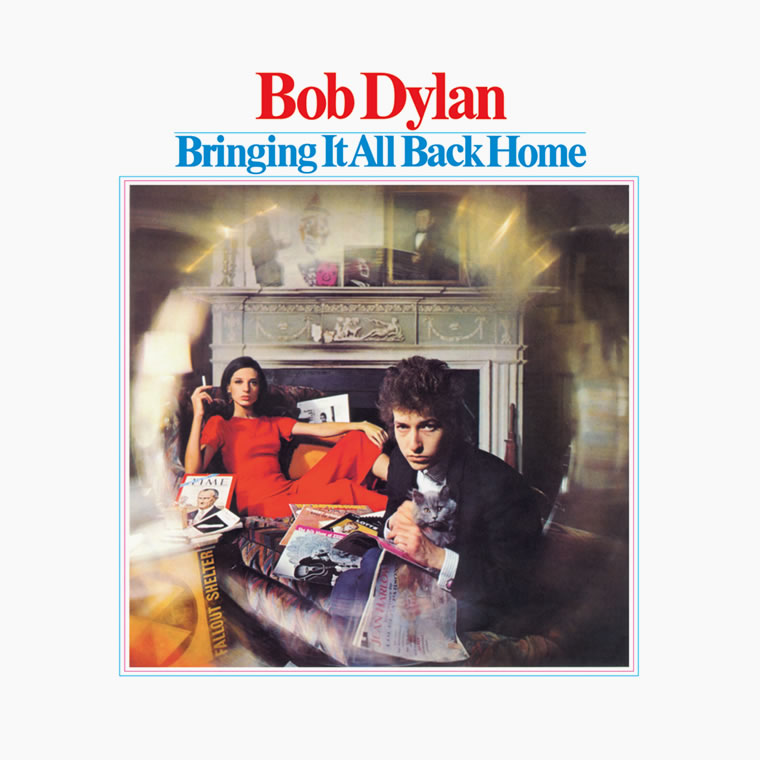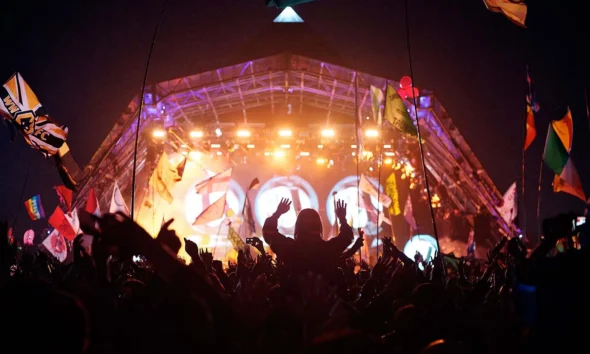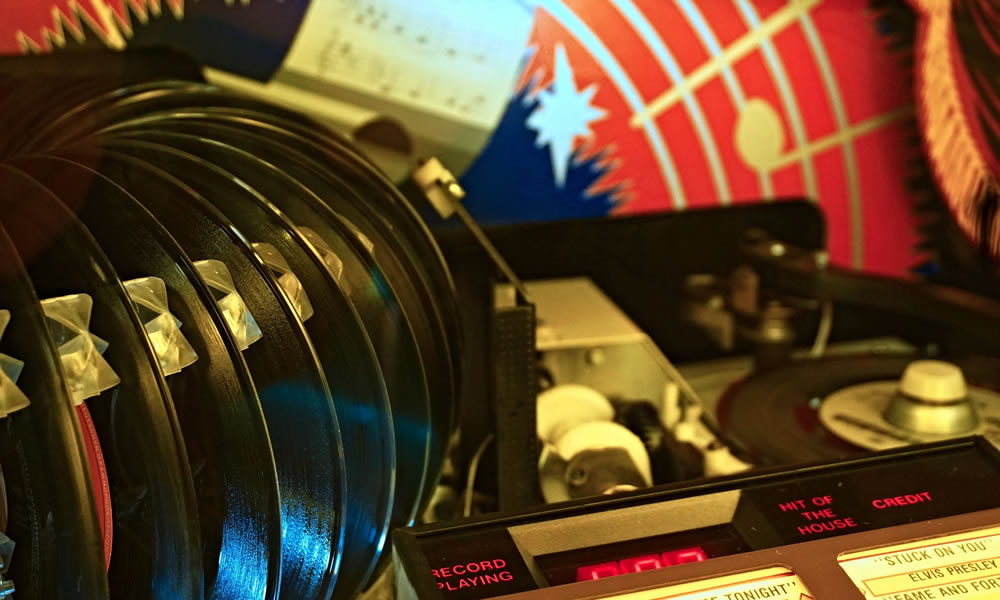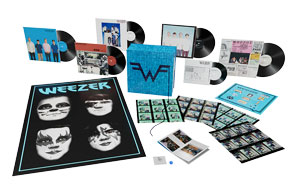Joe Strummer
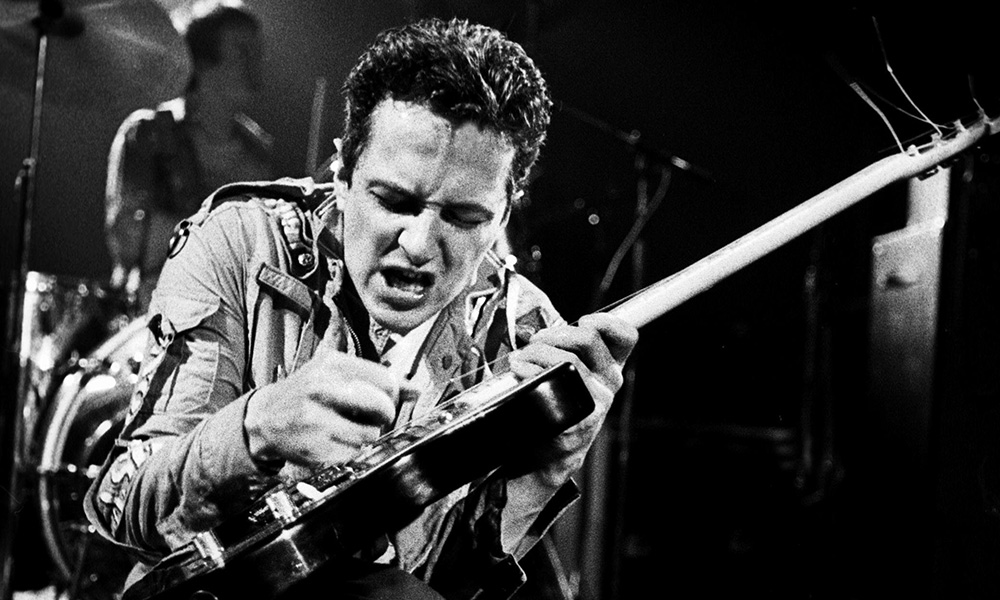

The occasional lapse into white-boy reggae aside, The Clash’s masterpiece was all the better for the fact that it transcended punk. Ska, rockabilly and jazz all sat effortlessly alongside the prescribed three chords on this double album, and if that sounds pretentious on paper, then it sounded irrepressible on vinyl. Worth it for the title track alone, London Calling is studded with gems throughout.
The third studio album by The Clash was released in the United Kingdom on 14 December 1979 through CBS Records, and in the United States in January 1980 through Epic Records. The album represented a change in The Clash’s musical style, featuring elements of ska, funk, pop, soul, jazz, rockabilly, and reggae, more prominently than in their previous two albums.
The album’s subject matter included social displacement, unemployment, racial conflict, drug use, and the responsibilities of adulthood, its lead single London Calling was a top 20 single and the album has now sold over five million copies worldwide.
After recording their second studio album Give ‘Em Enough Rope (1978), the band separated from their manager Bernard Rhodes. This separation meant that the group had to leave their rehearsal studio in Camden Town and find another location to compose their music. Drawing inspiration from rockabilly, ska, reggae and jazz, the band began work on the album during the summer of 1979. Tour manager Johnny Green had found the group a new place to rehearse called Vanilla Studios, which was located in the back of a garage in Pimlico. The band quickly wrote and recorded demos, with Mick Jones composing and arranging much of the music and Joe Strummer writing the lyrics.
In August 1979, the band entered Wessex Studios to begin recording London Calling. The Clash asked Guy Stevens to produce the album, much to the dismay of CBS Records, due to his notorious working methods: while recording he would often swing ladders and throw chairs around the group to create an emotional atmosphere. The Clash got along well with Stevens, especially bassist Paul Simonon, who found his work to be very helpful and productive to his playing and their recording as a band. The entire album was recorded within a matter of weeks, with many songs recorded in one or two takes.
The album’s front cover, designed by Ray Lowry, was a homage to the design of Elvis Presley’s self-titled debut album. Taken at The Palladium in New York City on 21 September 1979 during the Clash Take The Fifth US tour, the photograph of Simonon smashing his Fender Precision Bass against the stage was shot by Pennie Smith, who originally did not want the photograph to be used. She thought that it was too out of focus, but Strummer and designer Lowry thought differently.
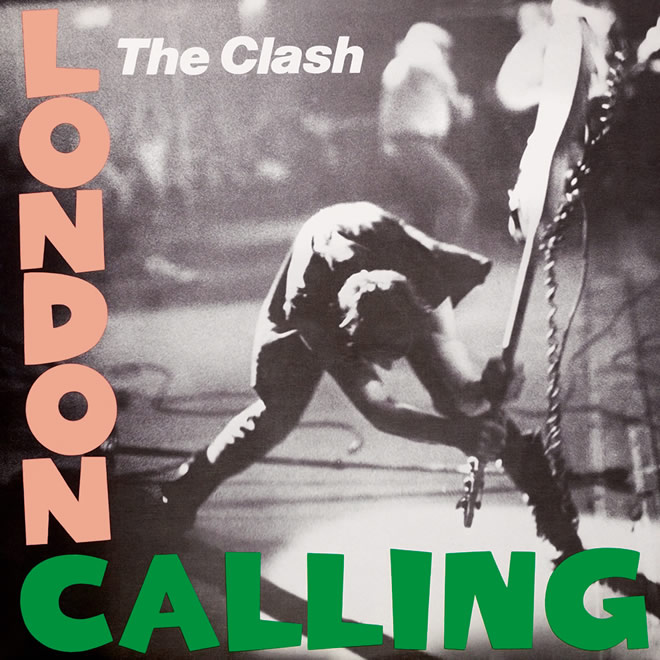

The cover artwork for London Calling was among the ten chosen by the Royal Mail in the UK, for a set of ‘Classic Album Cover’ postage stamps issued in January 2010.
Joe Strummer died suddenly on 22 December 2002 in his home at Broomfield in Somerset, the victim of an undiagnosed congenital heart defect. Strummer’s musical experience included stints with the 101ers, Latino Rockabilly War, the Mescaleros, and the Pogues, in addition to his own solo music career. His work as a musician allowed him to explore other interests, including acting, creating film scores for television and movies, songwriting, radio broadcasting, and a position as a radio host on a BBC show titled “London Calling”.
We have a book. This Day In Music’s Guide To The Clash the ultimate companion to the band appraises and examines not only the studio output, but examines how they broke America, the many tours and interviews, and sheds light on how they fell apart at the height of success.
Important Dates In The Life Of The Clash:
|
2
Feb
2024
Wayne Kramer, guitarist, singer, and songwriter from the American rock band MC5 (Motor City 5) died from pancreatic cancer at a hospital in Los Angeles at the age of 75. The band who formed in 1963 are best known for their energetic live performances, one of which was recorded as their 1969 debut album Kick Out the Jams. Kramer also founded the independent initiative Jail Guitar Doors, USA with Billy Bragg in 2009. The project was named after a song by The Clash, which the band had written as the 'B' side of Clash City Rockers in dedication to Kramer and to raise awareness of his term in prison.
|
|
12
May
2023
A band whose gig ended as a lead singer threw a punch at its bassist apologised for a "brotherly bust-up that went too far". Fans were left shocked by the onstage altercation between The View's Kyle Falconer and Kieren Webster at The Deaf Institute in Manchester. The set ended with the musicians walking off stage after the clash with the footage shared on Twitter.
|
|
29
Aug
2021
Jamaican record producer and singer Lee ‘Scratch’ Perry died from an unspecified illness, aged 85. He was noted for his innovative studio techniques and production style and was a pioneer in the 1970s development of dub music with his early adoption of remixing and studio effects to create new instrumental or vocal versions of existing reggae tracks. He worked with and produced for a wide variety of artists, including Bob Marley and the Wailers, Junior Murvin, Beastie Boys, Ari Up, The Clash, The Orb, and many others.
|
|
16
Apr
2021
English harmonica player and vocalist Lew Lewis died. He was a member of Eddie and the Hot Rods before forming his own bands and released a solo single for Stiff Records. Influenced in style by Little Walter, he also guested on albums by The Stranglers, The Clash and others. In 1987, Lewis was given a seven-year jail sentence for armed robbery, after holding up a post office with a fake pistol, stealing £5,000 and trying to escape on a shopping bike.
|
|
16
Jan
2013
It was announced that Joe Strummer was to have a city square named after him in Spain following a Facebook campaign.
More than 2,000 residents of Granada, where The Clash frontman became a frequent visitor, signed a petition calling for him to be honoured. City hall officials agreed to the proposals and a square in the area was set to be renamed Plaza de Joe Strummer.
|
|
15
Jul
2012
Queen were crowned top of the patriotic pops in a survey of 100,000 music fans. The band's anthem 'We Are The Champions' was named number one by fans who were asked what song made them proud to be British. The track, which got to number two in 1977, picked up 13,000 votes in the survey carried out among users of the Lucky Voice website. It was followed by the Oasis hit 'Wonderwall' which was nominated by 11,000 karaoke singers and then 'Let It Be' by The Beatles which got 10,000 votes. Elton John's 'Candle In The Wind' and 'London Calling' by The Clash rounded off the top five.
|
|
14
Oct
2008
Illustrator and rock cartoonist Ray Lowry died. He contributed illustrations for NME, Punch, Private Eye and The Guardian and designed the artwork for The Clash album London Calling.
|
|
14
Feb
2005
Kerrang! magazine announced the results of its readers’ poll for the best British rock albums ever. The Top 10 were: No.1, Black Sabbath’s Black Sabbath, No.2, Iron Maiden’s Number Of The Beast. Sex Pistols’ Never Mind The Bollock's, Here's The Sex Pistols; No. 4, Led Zeppelin IV; No.5, Black Sabbath’s Paranoid; No.6, Muse’s Absolution; No.7, The Clash's London Calling; No.8, Queen’s Sheer Heart Attack; No.9, Iron Maiden’s Iron Maiden and No.10, Manic Street Preachers’ The Holy Bible.
|
|
11
Oct
2003
Mojo magazine readers voted the studio session for Elvis Presley's debut single 'That's All Right' the most pivotal moment in rock history. Bob Dylan's switch from acoustic to electric guitars in 1965 came second, and 'White Riot, the debut single by The Clash released in 1977 was voted third.
|
|
22
Dec
2002
Former Clash singer and guitarist Joe Strummer (John Graham Mellor) died of a suspected heart attack aged 50. Scored the 1979 UK No. 11 single 'London Calling', 1982 US No. 8 single 'Rock The Casbah, 1991 UK No.1 single Should I Stay Or Should I Go, first released 1982, plus 15 other UK Top 40 singles. The Clash's London Calling album was voted best album of the 1980s by Rolling Stone magazine. Strummer was also a member of the Mescaleros.
|
|
9
Mar
1991
Should I Stay Or Should I Go gave The Clash their only UK No.1 single after the track was used for a Levi's TV advertisement. The track was first released in 1982 from their album Combat Rock. The Spanish backing vocals were sung by Joe Strummer and Joe Ely.
|
|
3
Mar
1990
Lindy Layton and Beats International were at No.1 in the UK with the single 'Dub Be Good To Me.' Formed by ex-Housemartins Norman Cook, the song was based on the SOS Band's 1984 hit 'Just Be Good To Me' and The Clash song 'Guns of Brixton'.
|
|
12
May
1986
Joe Strummer of The Clash was banned from driving after being convicted of drink driving.
|
|
5
Nov
1983
Topper Headon of The Clash was arrested for walking his dog while drunk on London's Fulham Road.
|
|
1
Sep
1983
Mick Jones, lead guitarist with The Clash was fired by the other three members who claimed he'd 'drifted apart' from the original idea of the group.
|
|
28
May
1983
The four day US Festival '83' took place in California, featuring The Clash, U2, David Bowie, The Pretenders, Van Halen, Stray Cats, Men At Work, Judas Priest, Stevie Nicks, Willie Nelson. INXS, Joe Walsh, Motley Crue and Ozzy Osbourne. Over 750,000 fans attended the festival.
|
|
14
Apr
1983
The Pretenders bass player Pete Farndon died from a drug overdose. He was sacked from the group on June 14th 1982, (two days before Pretenders guitarist James Honeyman-Scott was found dead of heart failure). Farndon was in the midst of forming a new band with former The Clash drummer Topper Headon when he died.
|
|
2
Jul
1982
Nicky Headon of The Clash was remanded on bail, charged with stealing a bus stop worth £30 from London's' Fulham Road.
|
|
28
Aug
1981
Producer Guy Stevens died at the age of 38 years old, having overdosed on prescription drugs he was taking to reduce his alcohol dependency. He worked with Mott The Hoople, Free and The Clash. He was the president of the Chuck Berry Appreciation Society and it was Stevens who brought Berry to the UK for his first tour. He gave Procol Harum and Mott the Hoople their distinctive names.
|
|
2
Aug
1980
The Clash released their single 'Bank Robber' after it been available as an import only. The band's record company CBS didn't want to release the record saying it was not commercial enough.
|
|
21
May
1980
Joe Strummer of The Clash was arrested at a much-troubled gig in Hamburg, Germany, after smashing his guitar over the head of a member of the audience; he was released after an alcohol test proved negative.
|
|
26
Dec
1979
The first night of a series of concerts were held at The Hammersmith Odeon in London for the People of Kampuchea, featuring Queen, The Clash, The Pretenders, The Who, Elvis Costello, Wings, and many more artists. The events which were organised by Paul McCartney and Kurt Waldheim were aimed to raise money for the victims of war-torn Cambodia.
|
|
14
Dec
1979
The Clash released their third studio album London Calling. The double album received widespread acclaim and was ranked at number eight on Rolling Stone's list of The 500 Greatest Albums of All Time in 2003 and was ranked as the sixth-greatest album of the 1970s by NME.
|
|
17
Feb
1979
The Clash opened the US leg of their 'Pearl Harbour '79', North American tour at New York's Palladium.
|
|
21
Oct
1978
The Clash sacked manager Bernie Rhodes, saying the band and record company 'found him hard to deal with'. Melody Maker journalist Caroline Coon took his place.
|
|
8
Jul
1978
Joe Strummer and Paul Simonon from The Clash were arrested for being drunk and disorderly after a gig at the Apollo in Glasgow, both were fined.
|
|
11
Jun
1977
Joe Strummer and Topper Headon were detained overnight in prison in Newcastle upon Tyne having failed to appear at Morpeth Magistrates on May 21st. Both The Clash members were to answer a charge relating to the theft of a Holiday Inn pillowcase. They were both fined £100 ($170).
|
|
10
Jun
1977
Joe Strummer and Nicky Headon from The Clash were each fined £5 ($8.50) by a London court for spray-painting The Clash on a wall.
|
|
1
May
1977
|
|
8
Apr
1977
CBS released the self- titled first album by The Clash in the UK. The album is widely celebrated as one of the greatest punk albums of all time. CBS in the US refused to release it until 1979 and Americans bought over 100,000 imported copies of the record making it one of the biggest- selling import records of all time.
|
|
20
Mar
1977
Lou Reed was banned from appearing at The London Palladium in England because of his punk image. Reed who was an early hero to the likes of the Sex Pistols and The Clash was set to play a series of shows at the Palladium to promote his latest album Rock and Roll Heart.
|
|
18
Mar
1977
The Clash released their debut single 'White Riot.' The song is in the typical punk style of three chords played very fast. Mick Jones counts off '1-2-3-4' at the start of the album version while the single version begins with the sound of a police siren instead.
|
|
10
Feb
1977
The Clash started recording their debut album at CBS studios in London, England. The album was recorded over three weekend sessions at CBS Studio 3 in February 1977. By the third of these sessions the album was recorded and mixed to completion, with the tapes being delivered to CBS at the start of March. It cost just £4000 to produce.
|
|
27
Jan
1977
The Clash signed to CBS Records in the UK for £100,000. The anti-establishment band fought off claims that they had ‘sold out’ by signing the deal, and released their classic self-titled debut album less than three months later. Recorded and mixed over three weeks in February 1977 for £4,000, it would go on to reach No. 12 on the UK charts and has been included on many retrospective rankings as one of the greatest punk albums of all time.
|
|
1
Jan
1977
The Clash played the opening night at punk's first real venue, The Roxy Club in London.
|
|
23
Oct
1976
The Jam played an afternoon show in Soho Market, London, England and in the evening, The Clash appeared at The ICA in London.
|
|
20
Sep
1976
The first of the two night 100 Club Punk Festival, Oxford St, London, featuring the Sex Pistols, The Clash, Sub Way Sect, Suzie (spelling on the poster), And The Banshees, The Buzzcocks, Vibrators and Stinky Toys. Admission £1.50.
|
|
29
Aug
1976
The Clash Buzzcocks and the Sex Pistols all appeared at a showcase event at The Screen On The Green, Islington, London. Organised by Malcolm Maclaren, this was notable for many reasons including, it was only The Clash's third gig and the first ever to be recorded, and is the earliest known (after the Manchester Free Trade Hall concert from April 1976) recorded performance and a rare recording of The Sex Pistols with Glen Matlock. The cinema is referenced throughout Adam and the Ants' song 'Fall in' - released as the b side to "Ant Music" in 1980.
|
|
4
Jul
1976
The Clash made their live debut supporting the Sex Pistols at the Black Swan, Sheffield, England.
|
|
3
Apr
1976
A then-unknown Sex Pistols opened for The 101'ers at The Nashville Rooms in London. The 101ers were a pub rock band, notable as being the band that Joe Strummer left to join The Clash.
|
|
7
Sep
1974
The 101ers made their performing debut at the Telegraph pub in Brixton. The pub rock band featured singer, guitarist Joe Strummer who would later join The Clash.
|
|
19
Jun
1974
The Delinquents a band featuring Mick Jones (later of The Clash) made their debut at the Students union bar, Queen Elizabeth College, Kensington.
|
|
14
Sep
1971
During a US tour Led Zeppelin appeared at Berkley Community Theatre, Berkley, California. Countless major acts have appeared here, including Jimi Hendrix, The Who, Van Morrison, The Kinks, Bruce Springsteen, Genesis, Elvis Costello, The Clash, and David Bowie.
|
|
18
Jul
1966
Bobby Fuller leader of The Bobby Fuller Four was found dead in his car in Los Angeles aged 23. Fuller died mysteriously from gasoline asphyxiation, while parked outside his apartment. Police labelled it a suicide, but the possibility of foul play has always been mentioned. Had the 1966 US No.9 single 'I Fought The Law' written by Sonny Curtis of Buddy Holly's
Crickets and covered by The Clash.
|
|
4
Dec
1960
The Crickets released the single 'I Fought the Law' on Coral Records. Written by Sonny Curtis of the Crickets, a remake by the Bobby Fuller Four became a top-ten hit for the band in 1966 and was also recorded by The Clash in 1979 after Joe Strummer and guitarist Mick Jones heard the song on a jukebox in San Francisco.
|


